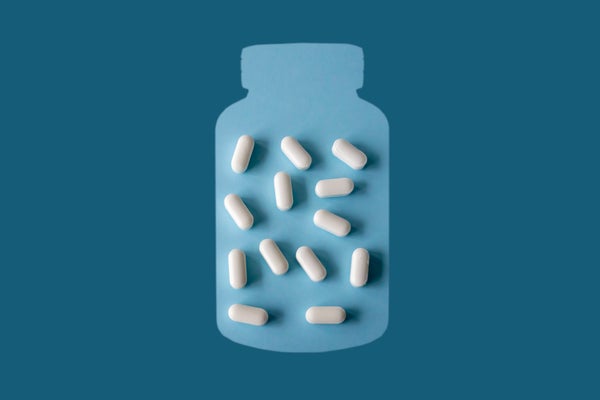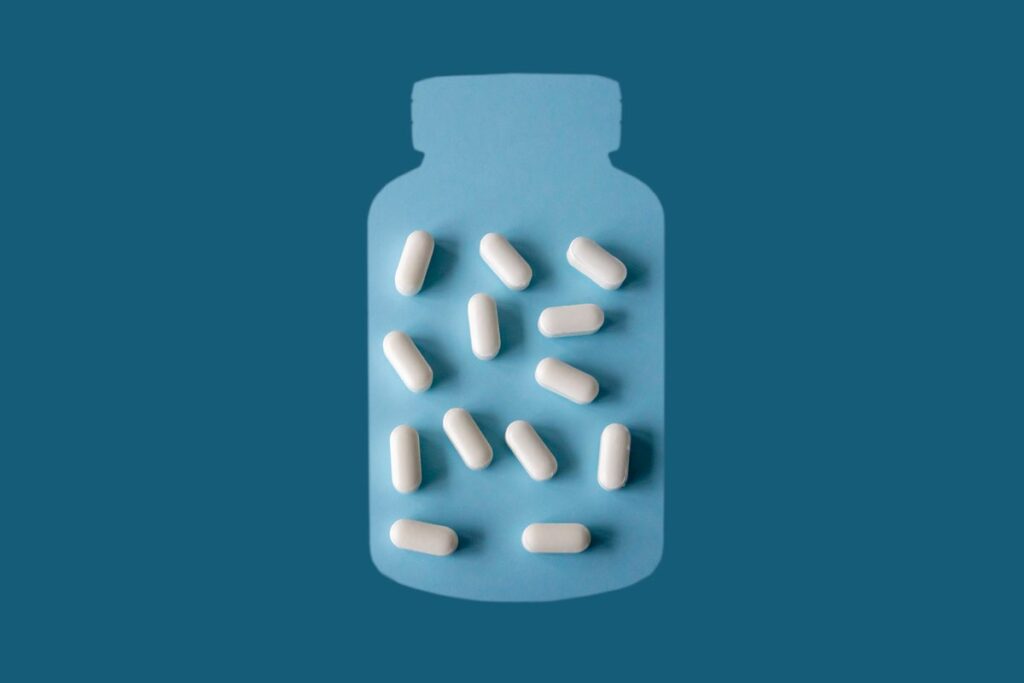The Rise of Ozempic Shots: Why Aren’t GLP-1 Pills Gaining Ground?

Injectable medications like Ozempic and Wegovy have gained significant popularity for treating type 2 diabetes and aiding weight loss, but oral alternatives remain largely unexplored. Despite the clear advantages oral formulations may offer—such as increased accessibility and the elimination of injection-related discomfort—several challenges hinder their development and acceptance.
The Potential of Oral GLP-1 Medications
Oral medications targeting the glucagon-like peptide-1 (GLP-1) receptor could revolutionize treatment options. In particular, a pill version of semaglutide, the active ingredient in Ozempic and Wegovy, was approved by the Food and Drug Administration (FDA) in 2019. However, it focuses on managing type 2 diabetes rather than weight loss, leading to lower visibility and uptake.
Current Developments in Oral GLP-1 Medications
Among the available options, Novo Nordisk’s Rybelsus is the only oral GLP-1 medication presently approved for type 2 diabetes. As a daily pill, it bypasses the need for weekly injections. Clinical studies reveal promising results, indicating potential efficacy comparable to injectables.
- In a 2023 study, participants taking oral semaglutide lost an average of 15% of their body weight over 68 weeks, compared to 2.4% in the placebo group.
- Another 2021 study found similar outcomes for injectable semaglutide, reinforcing the potential effectiveness of oral formulations.
Barriers to Adoption
Challenges in the formulation and delivery of oral GLP-1 medications may hinder broader application. Unlike injections, oral versions must survive the acidic environment of the stomach and efficiently pass through the intestinal lining. Rybelsus features a special formulation aiding this process, although some medication still degrades.
Additionally, gastrointestinal side effects are common for both injectable and oral forms, affecting 80% and 74% of respective users in studies. This factor may dissuade potential users from adopting oral options.
Future Prospects
While Pfizer recently halted clinical trials for an oral GLP-1 candidate due to safety concerns, Eli Lilly is advancing its own oral formulation, orforglipron, showing positive results in early trials. Anticipated regulatory reviews for this medication are set for 2025, signaling potential new avenues for drug options.
As the landscape of GLP-1 medications evolves, having more oral options could increase access and affordability, potentially benefiting a wider population. Experts emphasize the importance of understanding dosing strategies and patient-specific needs as new products emerge.


